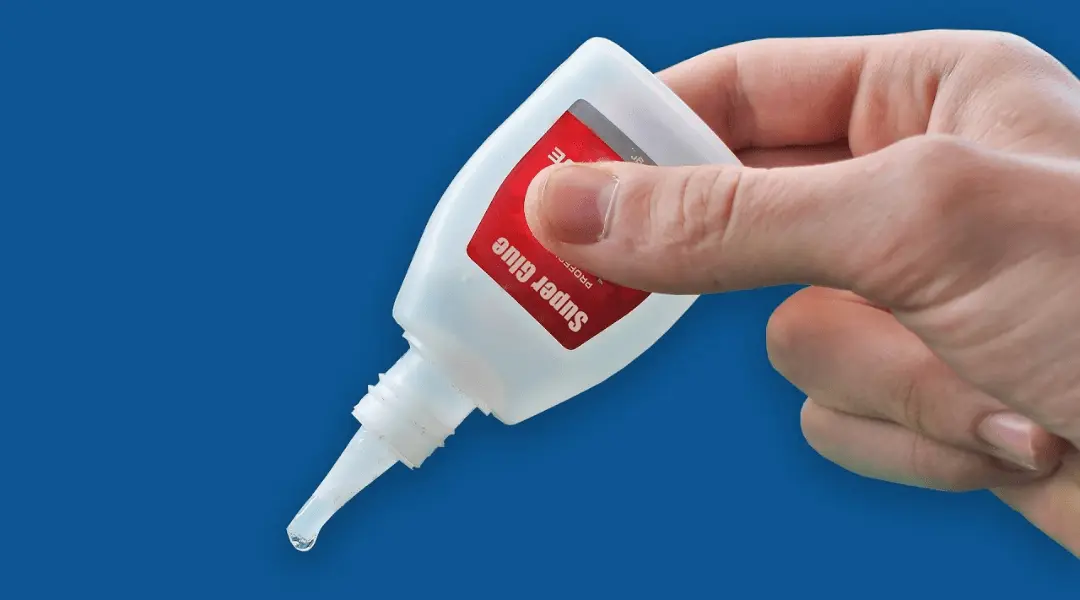Picture this: you’re hosting a dinner party and one of your guests accidentally breaks a dish. You reach for the super glue to repair it, but then you start to wonder: is super glue food safe when dry? It’s a valid question, and one that you should know the answer to before using super glue on anything that may come into contact with food.
Let’s dive into this peculiar topic and uncover the taste, health risks, and even unique uses of glue beyond its intended purpose.
Super glue is a popular adhesive that is commonly used to fix a wide range of objects, including ceramics, glass, and plastic. It is known for its strong and quick-drying properties, which make it a convenient solution for fixing household items. However, when it comes to food, there are some concerns about the safety of super glue.
In this article, we will explore whether super glue is safe to use on items that come into contact with food when dry.
What is Super Glue?
Super glue, also known as cyanoacrylate glue, is a type of fast-drying adhesive that is commonly used in household repairs. It works by bonding two surfaces together when it comes into contact with moisture. This can be the water vapor in the air or the moisture in the surface being bonded.
Properties of Super Glue
Super glue is known for its strong bonding properties. This makes it ideal for fixing a wide range of objects, including ceramics, glass, plastic, and metal. It is also heat-resistant and can withstand temperatures up to 180 degrees Celsius.
Super Glue Can Be Dangerous
However, despite its many benefits, super glue can be dangerous if not used properly. It can cause skin irritation and damage, and can also be toxic if ingested. This is why it is important to use super glue in a well-ventilated area and to keep it away from children and pets.
Is Super Glue Food Safe When Dry?

When it comes to using super glue on items that may come into contact with food, the most important question is whether it is safe when dry. The good news is that once super glue is dry, it is non-toxic and safe for use with food.
According to the FDA, cyanoacrylate adhesives are safe when used in food packaging and processing applications. No, super glue is not food safe even after curing. It’s best to use food-safe glue specifically designed for items that come into contact with food.
It’s important to remember that you should never ingest or use super glue directly on food. Instead, only use it on items that will come into contact with food but not on the food itself.
Precautions to Take When Using Super Glue on Items That Come into Contact with Food
After full care of super glue , it can be useful on items that come into contact with food with proper precautions. When using super glue on food-related items, you should only apply to the non-food contact area. For instance, glue the underside of a plate if repairing a chip.
Here are some precautions to take when using super glue on items that come into contact with food:
- Avoid using super glue on surfaces that will directly touch food or drinks. Super glue is not food safe and can be toxic if ingested.
- If you must use super glue on a surface that will come into contact with food or drinks, use a food-safe adhesive specifically designed for such use. Look for adhesives labeled “food safe” or “FDA approved” for added safety.
- Ensure that the surfaces you are bonding are clean and free from any debris or contaminants that could interfere with the glue’s ability to adhere properly.
- Apply the super glue sparingly and in a well-ventilated area to avoid inhaling the fumes.
- Allow the super glue to dry and cure completely before using the item. This will help ensure that the adhesive is fully bonded and no longer emitting any fumes or toxins.
- Wash the item thoroughly with soap and water before using it to remove any residual glue or other contaminants.
Conclusion
In conclusion, super glue can be a valuable asset for fixing household items, including those that come into contact with food. By taking proper precautions and ensuring the glue is fully cured before use, you can safely repair your items without concern for potential health risks. Don’t let fear hold you back; use super glue wisely and effectively for all your repair needs!
Remember to apply the glue only to non-food contact areas to maintain safety and enjoy the benefits of this versatile tool. Happy fixing!